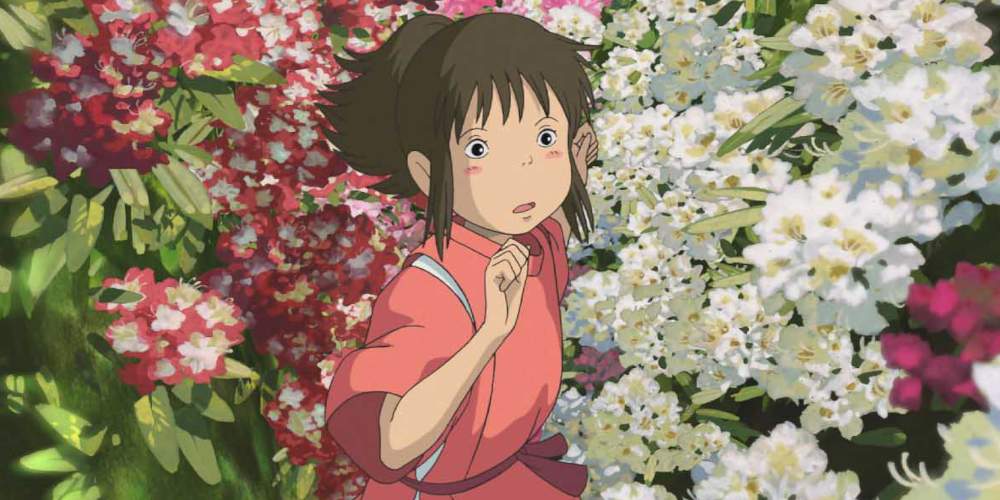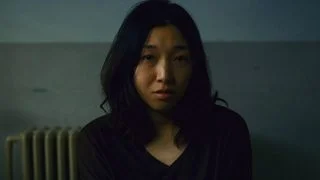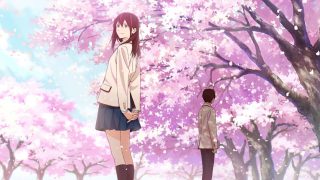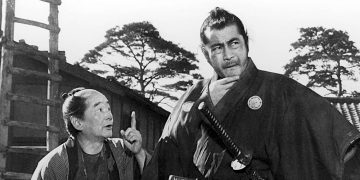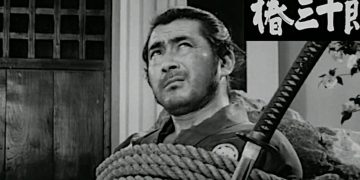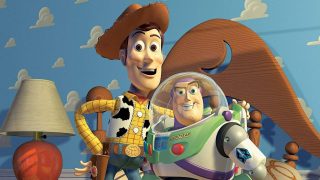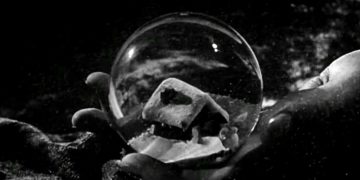Here in the West, we've developed a kind of fascination with the perceived advancement of Japan's market share over the years. The beautiful island country has given the world some outstanding products and unique inventions in modern industrial history.
And the same can be said for Japan's cultural cinematic output. Over the decades, Hollywood may have become the dominant storytelling force when it comes to cinema, but the Japanese have created films that equal the heights achieved by the Hollywood film industry.
From the black-and-white era of Akira Kurosawa to the lush animated features by Hayao Miyazaki, Japanese cinema has proven to be a popular art form in the West that often draws critical acclaim.
In celebrating the best of Japanese filmmaking, here are my picks for the best Japanese movies of all time and why they stand out.
8. Akira (1988)
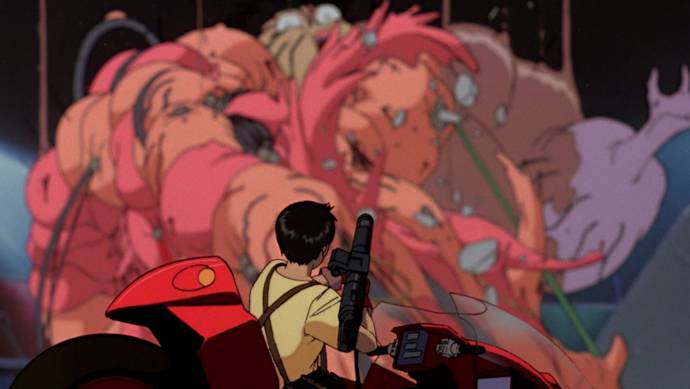
Directed by Katsuhiro Ōtomo
Starring Mitsuo Iwata, Nozomu Sasaki, Mami Koyama
Animation, Action, Sci-Fi (2h 4m)
Katsuhiro Ōtomo's 1988 cyberpunk masterpiece Akira remains one of the finest animated movies ever made, and it's partly why anime first started gaining a foothold in Western culture.
Akira takes place in Neo-Tokyo, where the city of Tokyo used to stand before it was destroyed and sparked World War III. It centers on Shōtarō Kaneda (the leader of a biker gang) and his best friend Tetsuo who develops telekinetic abilities.
Though based on a manga, Akira pushed the boundaries of anime and deviated from the original manga's story without hesitation.
The visuals and details that made Akira stand out from the pack are as bold and dramatic today as they were in 1988, as the scope of Neo-Tokyo grabs the attention of the audience and follows through with vibrant sequences that made the film a marvel of the artform.
7. Your Name (2016)
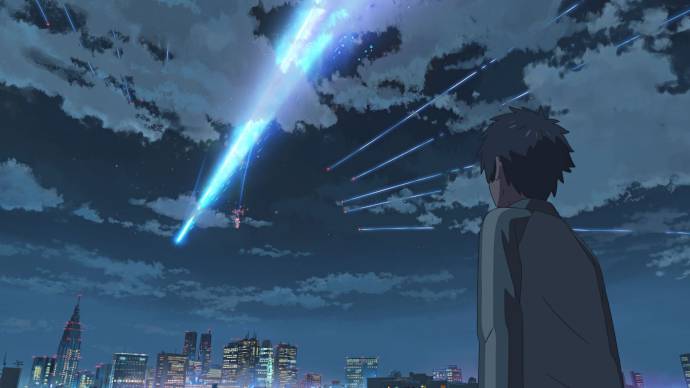
Directed by Makoto Shinkai
Starring Michael Sinterniklaas, Stephanie Sheh, Kyle Hebert
Animation, Drama, Fantasy (1h 46m)
The 2016 anime film may only be six-years-old as of this writing, but the spellbinding tone and thematic heft of the film have made it wholly unique among modern anime movies.
The plot follows the interchanging lives of Mitsuha and Taki, two high school students that live in starkly different parts of Japan—and mysteriously begin to swap bodies.
Though the mystery isn't ever totally revealed, the film holds a mystical air that enchants the audience and keeps them deeply connected to the characters as the story unravels.
Already considered to be one of Japan's finest anime offerings, Your Name has become a worldwide hit that showcased, once again, how Japan's unique animated form is an art all to itself.
6. Our Little Sister (2015)
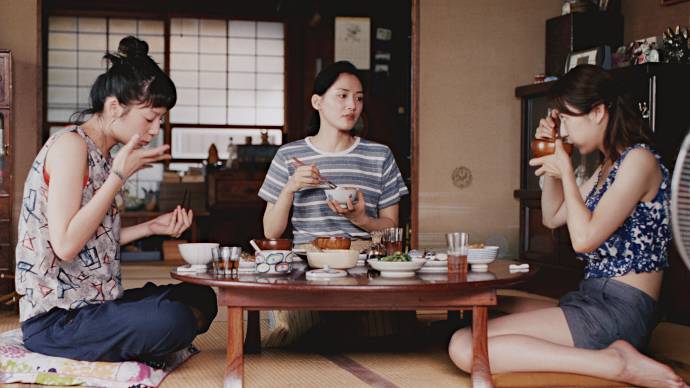
Directed by Kore-eda Hirokazu
Starring Haruka Ayase, Masami Nagasawa, Kaho
Drama, Family (2h 7m)
When three adult sisters—Sachi, Yoshino, and Chika—travel to their estranged father's funeral in a remote part of Japan, they encounter their half-sister Suzu for the first time.
And, in a moment of madness, they invite her to live with them because they're the only family she has left.
The story follows the foursome as they adjust to each other while dealing with the challenges of their own lives. The innocence of youth holds them together as the pressures of working life weigh down the two eldest sisters, who have to decide what they're doing with themselves.
The intricate storytelling that permeates Our Little Sister is an example of the emotional depth hidden within ordinary lives. This 2015 film masters the art of substantial change via delicate story beats.
5. Harakiri (1962)
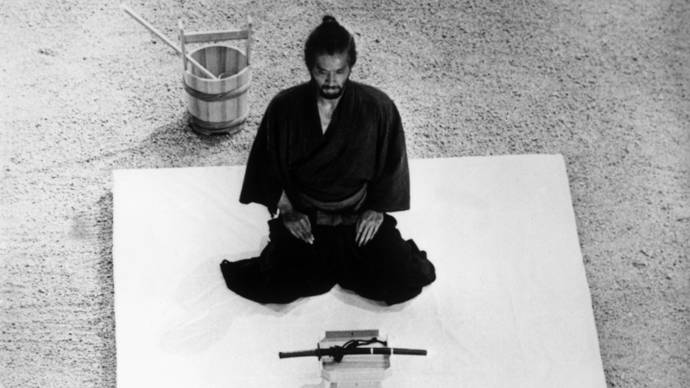
Directed by Masaki Kobayashi
Starring Tatsuya Nakadai, Akira Ishihama, Shima Iwashita
Action, Drama, Mystery (2h 13m)
Masaki Kobayashi's 1962 samurai film has held a place in the pantheon of world cinema for decades, with a complex story and tight narrative that has influenced generations of filmmakers since its release.
The story follows the request of rōnin samurai Hanshirō Tsugumo, who asks a local lord to allow him to kill himself in the traditional samurai way inside the lord's manor. This leads to Hanshirō telling a collective audience of other samurai about his journey.
Led by the legendary Japanese actor Tatsuya Nakadai, Harakiri is one of Japan's touchstone works. The film's status within Japanese cinema is immovable, and it remains a work of cinematic mastery even 60 years since its release.
4. Rashōmon (1950)
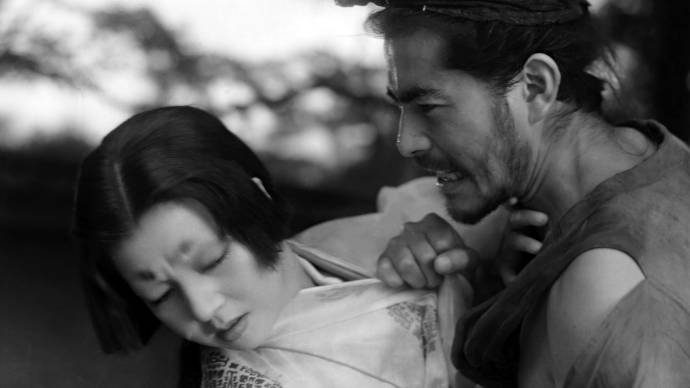
Directed by Akira Kurosawa
Starring Toshirō Mifune, Machiko Kyō, Masayuki Mori
Crime, Drama, Mystery (1h 28m)
Akira Kurosawa's film Rashōmon recounts the same story told from three different perspectives, and how the meaning of that story changes with certain details only captured by separate viewpoints.
Rashomon remains as inventive now as it was then, with the events of a crime told to a jury who have to decide the truth of the matter.
The genius of Kurosawa's film is that he never tells the audience what the real truth is. We're left to discern the facts as if we're part of the jury, thinking over the three different story variations. That helps the film linger in the mind long after the credits have rolled.
The style of Kurosawa's piece has become one of cinema's most influential narratives, with filmmakers from around the globe becoming inspired by Rashōmon's innovative ambiguity.
3. Spirited Away (2001)
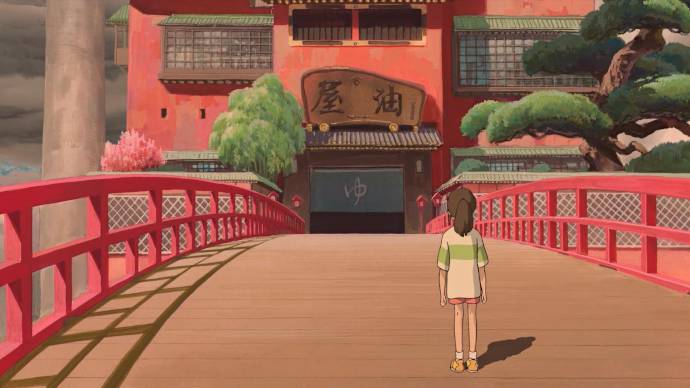
Directed by Hayao Miyazaki
Starring Daveigh Chase, Jason Marsden, Suzanne Pleshette
Animation, Adventure, Family (2h 5m)
Chihiro's tale of the mystical bathhouse and the creatures that inhabit the spirit realm has cemented itself as a globally renowned cinematic work. Spirited Away is arguably the greatest animated film ever made.
The clean perfection of its beautiful frames gives the film a sense of supernatural wonder that puts other films to task for capturing the same energy—and it's easy to see why so many have failed trying.
Hayao Miyazaki's filmmaking prowess and the strength of Studio Ghibli has been the stuff of legend for decades now. The Japanese master of anime has delivered countless classic movies, but Spirited Away still ranks as the height of his storytelling power.
2. Seven Samurai (1954)
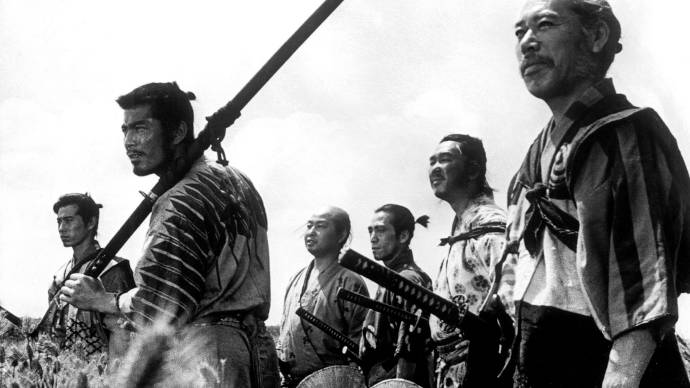
Directed by Akira Kurosawa
Starring Toshirō Mifune, Takashi Shimura, Keiko Tsushima
Action, Drama (3h 27m)
Akira Kurosawa's Seven Samurai centers on a village that finds itself under repeated attacks by a gang of bandits, despite the villagers' meager possessions. Out of desperation, a few villagers head out to recruit a group of samurai to defend them from the gang.
What makes Seven Samurai such an achievement is the depth it gives to each of the eponymous seven. Each samurai is his own person, with his own reason for wanting to defend these people—and each samurai has his own inner demons to battle in the process.
Kurosawa's film manages to be an action film that's emotionally gripping, with the seven samurais' defense of the village being more than just a job. It's a matter of personal fulfillment to protect those who can't protect themselves. It's a matter of honor and justice.
Arguably the most famous and influential Japanese film in history, Seven Samurai has spawned two direct Western remakes—called The Magnificent Seven—in 1960 and 2016.
1. Tokyo Story (1953)
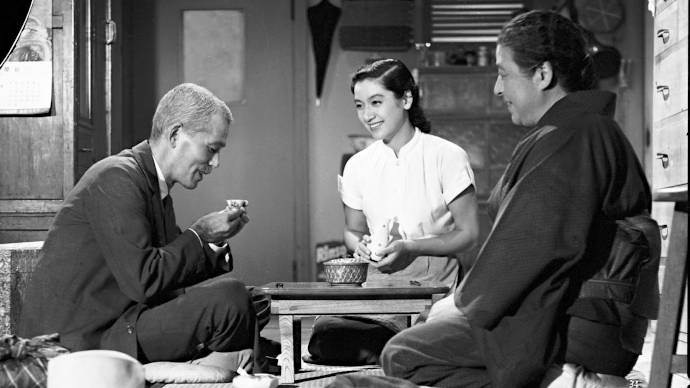
Directed by Yasujirō Ozu
Starring Chishū Ryū, Chieko Higashiyama, Setsuko Hara
Drama (2h 16m)
Yasujirō Ozu's Tokyo Story is about an elderly mother and father who journey across Japan to visit their children in Tokyo. It sounds simple, but it's one of the most utterly profound films ever made.
Set during the early 1950s, the traditional world of Japan is transitioning into a new era of Westernization. The children have all joined in the cultural revolution to build new lives for themselves—and they grow increasingly aggravated by their parents' visit.
Of course, the mother and father soon become aware that they're considered an imposition by their children. Only their poor and widowed daughter-in-law, Noriko, appears happy to see them as she bends over backwards to give them a good trip.
The intimate relationships that form the bonds of family are explored in extraordinary depth, as Ozu uses the family to showcase the changing landscape of Japanese culture in the aftermath of World War II.
